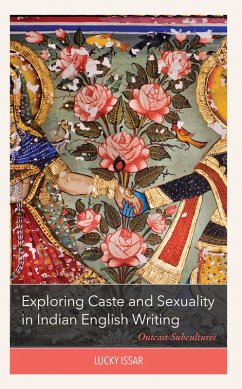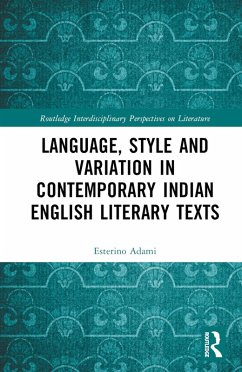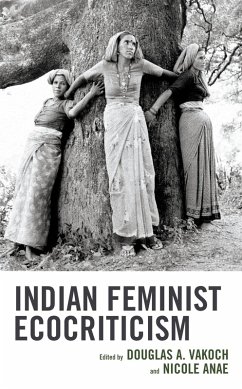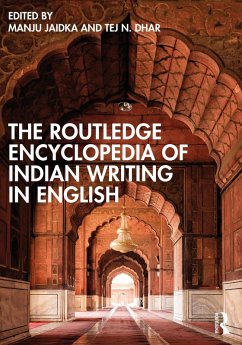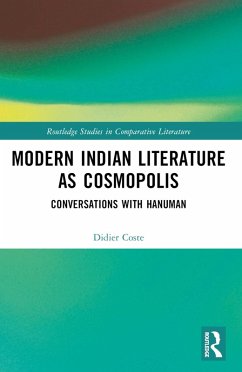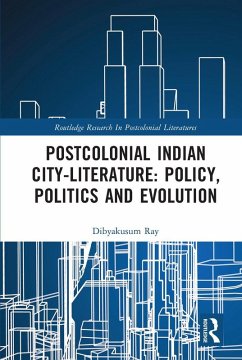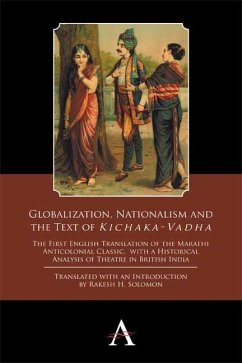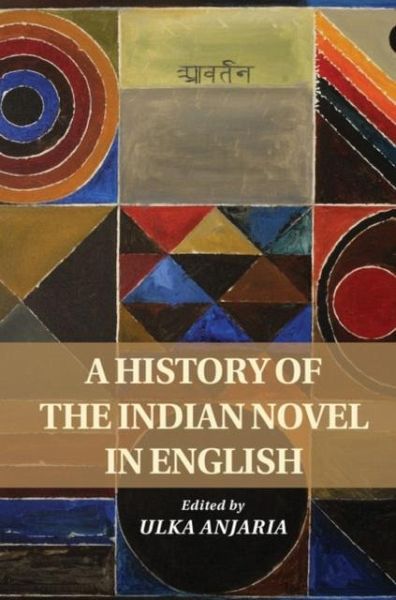
History of the Indian Novel in English (eBook, PDF)
Versandkostenfrei!
Sofort per Download lieferbar
101,95 €
inkl. MwSt.
Weitere Ausgaben:

PAYBACK Punkte
51 °P sammeln!
A History of the Indian Novel in English traces the development of the Indian novel from its beginnings in the late nineteenth century up until the present day. Beginning with an extensive introduction that charts important theoretical contributions to the field, this History includes extensive essays that shed light on the legacy of English in Indian writing. Organized thematically, these essays examine how English was 'made Indian' by writers who used the language to address specifically Indian concerns. Such concerns revolved around the question of what it means to be modern as well as how ...
A History of the Indian Novel in English traces the development of the Indian novel from its beginnings in the late nineteenth century up until the present day. Beginning with an extensive introduction that charts important theoretical contributions to the field, this History includes extensive essays that shed light on the legacy of English in Indian writing. Organized thematically, these essays examine how English was 'made Indian' by writers who used the language to address specifically Indian concerns. Such concerns revolved around the question of what it means to be modern as well as how the novel could be used for anti-colonial activism. By the 1980s, the Indian novel in English was a global phenomenon, and India is now the third largest publisher of English-language books. Written by a host of leading scholars, this History invites readers to question conventional accounts of India's literary history.
Dieser Download kann aus rechtlichen Gründen nur mit Rechnungsadresse in A, B, BG, CY, CZ, D, DK, EW, E, FIN, F, GR, HR, H, IRL, I, LT, L, LR, M, NL, PL, P, R, S, SLO, SK ausgeliefert werden.





